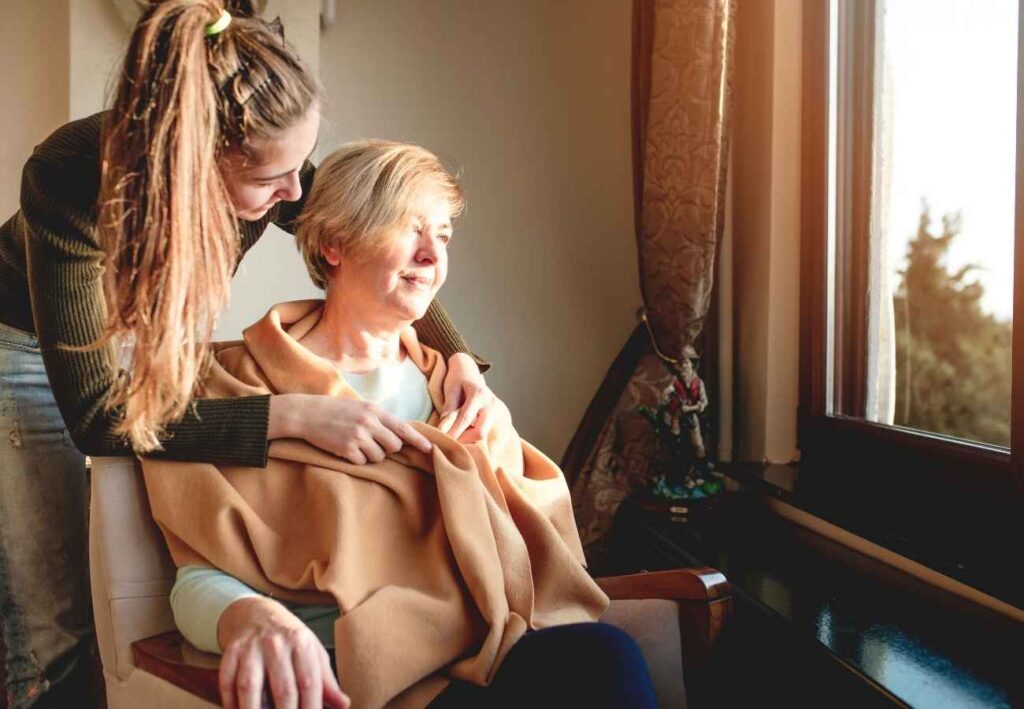Caring for the Elderly: A Guide to Navigating Senior Care Options
Greetings to all those wonderful individuals looking for guidance on providing the best care for their elder care loved ones! As we cherish our seniors, ensuring they receive the right care becomes a top priority. In this comprehensive guide, we’ll walk you through the various senior care options available, helping you make informed decisions that cater to the unique needs and preferences of your elder care family members.
Understanding the Need for Senior Care
As our loved ones age, their needs evolve, and providing the right level of care becomes crucial. Here are some reasons why senior care is a significant consideration:
- Healthcare Requirements: Aging often brings about health challenges that may require specialized medical attention and assistance.
- Safety Concerns: Seniors may face challenges in mobility, leading to safety concerns within their home environment.
- Social Engagement: Isolation and loneliness can impact the mental and emotional well-being of seniors. Social engagement is vital for their overall happiness.
- Activities of Daily Living (ADLs): As individuals age, performing everyday tasks like dressing, bathing, and cooking might become more challenging, necessitating assistance.
Types of Senior Care Options
1. In-Home Care: Bringing Comfort Home
a. Home Health Care:
Home health care provides medical services for seniors who prefer to stay at home. Professionals, such as nurses and therapists, visit regularly to provide medical assistance and monitor health.
b. Non-Medical In-Home Care:
For those who need assistance with daily tasks but don’t require medical care, non-medical in-home care services offer support with activities like meal preparation, housekeeping, and companionship.
2. Assisted Living: Striking the Right Balance
Assisted living facilities are designed for seniors who can manage some aspects of daily living but may need assistance with others. These facilities provide a balance between independence and support, offering services like meal preparation, housekeeping, and organized social activities.
3. Memory Care: Specialized Support for Dementia
For seniors dealing with Alzheimer’s or other forms of dementia, memory care facilities provide specialized support. These facilities have trained staff and structured environments to cater to the unique needs of individuals with memory-related conditions.
4. Nursing Homes: Comprehensive Care
Nursing homes offer 24/7 medical care and supervision. They are suitable for seniors with complex medical needs or those who require assistance with ADLs on a more extensive scale.
5. Continuing Care Retirement Communities (CCRCs): Future-Proof Living
CCRCs are communities that offer a range of care options, from independent living to skilled nursing care. Seniors can transition between levels of care based on their evolving needs without changing their living environment.
Factors to Consider When Choosing Senior Care
1. Level of Care Needed:
Consider the current and potential future healthcare needs of your loved one. Different senior care options provide varying levels of care and assistance.
2. Budget:
Understand the financial aspects of each senior care option. In-home care, for instance, may have different cost structures compared to assisted living or nursing homes.
3. Location:
Consider the proximity of the senior care facility to family members. Being close can make it easier for family visits and involvement in the care process.
4. Social and Recreational Activities:
The mental and emotional well-being of seniors is greatly influenced by social engagement. Assess the activities and programs offered by the senior care options to ensure they align with your loved one’s interests.
5. Staff-to-Resident Ratio:
Inquire about the staff-to-resident ratio in care facilities. A lower ratio often indicates more personalized attention and care for each resident.
6. Quality of Care:
Research the reputation of the senior care facility. Online reviews, testimonials, and recommendations from others can provide insights into the quality of care provided.
7. Safety and Accessibility:
Ensure that the chosen facility is designed with safety in mind. This includes features like handrails, non-slip flooring, and emergency response systems.
Making the Right Choice for Your Loved One
Navigating senior care options can be challenging, but with careful consideration and research, you can find the best fit for your elder care family member. Here are some additional tips:
1. Involve Your Loved One:
Include your loved one in the decision-making process as much as possible. Their preferences and comfort should be prioritized.
2. Plan for the Future:
Consider the long-term needs of your loved one. Some senior care options, like CCRCs, offer a continuum of care, allowing for a seamless transition as needs change.
3. Visit Facilities:
Take the time to visit potential senior care facilities. This gives you a firsthand look at the environment, staff, and overall atmosphere.
4. Seek Professional Advice:
Consulting with healthcare professionals, such as geriatric care managers, can provide valuable insights and guidance.
5. Understand Contracts:
Before committing to any senior care option, carefully review and understand the contractual agreements. Clarify any questions you may have regarding costs, services, and terms.
Conclusion: Providing the Best Care for Your Loved Ones
Caring for our elder care loved ones is a responsibility filled with love and compassion. By understanding the various senior care options available and considering the unique needs of your loved one, you can make decisions that contribute to their well-being and happiness.
Remember, each individual is unique, and the best senior care choice is one that aligns with their preferences, healthcare needs, and lifestyle. Whether it’s the warmth of in-home care or the community spirit of assisted living, the goal is to provide the care and support that ensures your loved one’s golden years are truly golden.
In the journey of senior care, may you find the perfect fit that brings comfort, joy, and a sense of belonging to your cherished.
Share this article to:
You May Also Like
Celebrating Daily Joys of Life in Elder Care Home Fortuna
Cherishing Every Moment Through Personalized Elderly Care At First Choice Care Home Fortuna, we believe that life…
Supporting Senior Mobility at Elder Care Home Fortuna
The Foundation of Quality Elderly Care At First Choice Care Home Fortuna, we believe that true elderly…
Caring for Seniors with Dementia – Elder Care Home Fortuna
A Compassionate Approach to Dementia Care in Fortuna Caring for seniors with dementia requires more than just…



